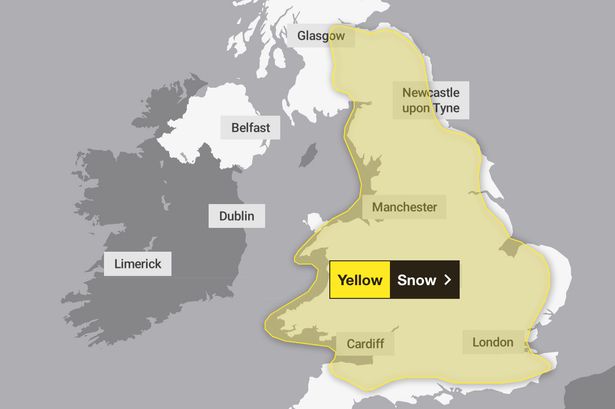The UK braced itself for widespread disruption as heavy, persistent rainfall triggered dozens of flood alerts across the country, leaving communities in Greater Manchester particularly devastated. The deluge, which began on Thursday, transformed streets into rivers and forced thousands of residents to evacuate their homes, seeking refuge in temporary accommodation or with friends and family. Emergency services worked tirelessly through the night to rescue stranded individuals and bolster flood defenses, while communities rallied together to provide support and resources to those affected. The scenes of flooded homes, submerged vehicles, and overwhelmed drainage systems painted a stark picture of the escalating impact of extreme weather events. The meteorological office issued severe weather warnings, forecasting further rainfall and advising residents to remain vigilant and prepared for potential flooding.
The unprecedented downpour quickly overwhelmed the region’s drainage systems, leading to rapid and widespread flooding. Rivers burst their banks, inundating surrounding areas, and surface water accumulated rapidly, turning roads into impassable waterways. Many residents found themselves trapped in their homes as floodwaters rose, requiring rescue by emergency services. The sudden and severe nature of the flooding left little time for preparation, resulting in significant property damage and emotional distress for thousands. Stories emerged of residents escaping through windows and wading through chest-high water to reach safety, highlighting the perilous situation faced by many. The scale of the flooding underscored the vulnerability of urban areas to extreme weather events and the need for robust flood mitigation strategies.
The emergency response swung into action swiftly, with fire and rescue services, police, and local authorities working in coordination to manage the crisis. Emergency crews deployed boats and high-water vehicles to navigate flooded streets and rescue stranded individuals. Temporary shelters were established to provide refuge for those displaced from their homes, offering essential supplies such as food, water, and blankets. Community centers and local businesses also opened their doors, offering assistance and demonstrating the spirit of resilience in the face of adversity. The coordinated efforts of emergency services and community volunteers played a crucial role in mitigating the impact of the flooding and ensuring the safety of those affected.
The widespread flooding in Greater Manchester raised concerns about the adequacy of existing flood defenses and infrastructure. While some areas benefited from flood mitigation measures implemented in recent years, the sheer volume of rainfall overwhelmed many systems, leading to extensive flooding. Experts pointed to the need for ongoing investment in flood defenses, including improved drainage systems and river management strategies, to better protect communities from future extreme weather events. The incident served as a stark reminder of the increasing risk of flooding in the UK and the importance of proactive measures to enhance resilience. The government pledged to review the current flood defense strategies and allocate additional resources to support affected communities and improve infrastructure.
Beyond the immediate crisis, the flooding in Greater Manchester highlighted the broader issue of climate change and its impact on extreme weather events. Scientists warn that rising global temperatures are leading to more frequent and intense rainfall, increasing the risk of flooding in vulnerable areas. The flooding served as a stark reminder of the need to address climate change through both mitigation and adaptation strategies. Mitigation efforts, such as reducing greenhouse gas emissions, are essential to slow the pace of climate change and reduce the long-term risks of extreme weather. Adaptation measures, such as investing in flood defenses and developing resilient infrastructure, are crucial to protect communities from the impacts of climate change that are already being felt.
The flooding in Greater Manchester served as a wake-up call, emphasizing the urgent need for action on both local and national levels to address the growing threat of flooding. The incident highlighted the importance of investing in robust flood defenses, improving drainage systems, and implementing effective land management practices to reduce flood risk. Furthermore, the event underscored the need for increased public awareness and education about flood preparedness and response. By working together, communities, local authorities, and national governments can build greater resilience to the impacts of extreme weather events and create a safer and more sustainable future. The lessons learned from the flooding in Greater Manchester will be crucial in informing future flood management strategies and ensuring that communities are better prepared for the challenges of a changing climate.














